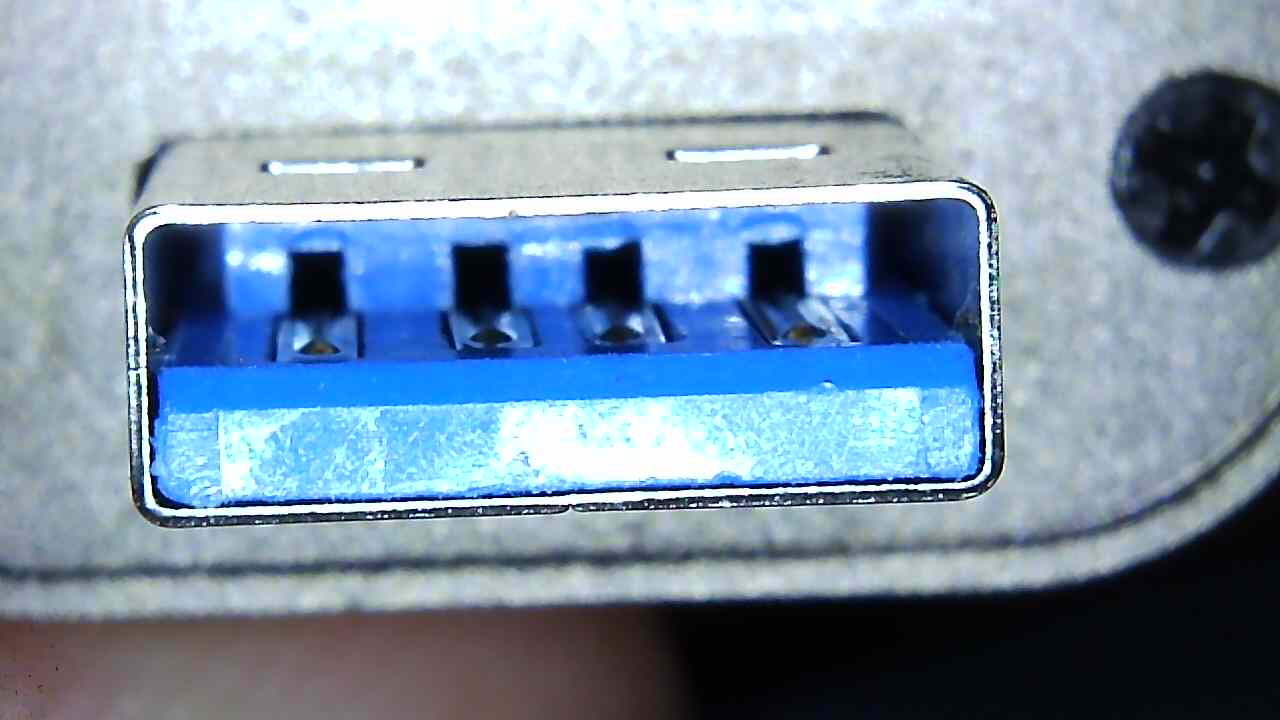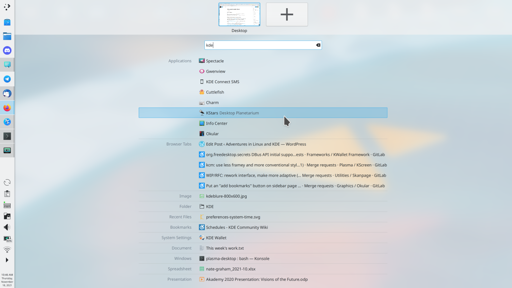

I feel like setting up a new machine is just the easiest to explain.
Personally, I find dotfiles messy, as you often just want to change one or two settings, but you always carry along the whole file with all kinds of irrelevant other settings. This also makes it impractical to diff two versions of those dotfiles, especially when programs write semi-permanent settings into there.
I guess, your mileage will vary depending on what programs or desktop environment you use.
For example, I love KDE, but they really don’t do a good job keeping the config files clean. Nix Plasma-Manager generally fixes that, and for example allows defining the contents of the panel in a readable form.

















Yeah, you understood my comment entirely the wrong way around. When I say “dotfiles”, I mean the non-Nix way of managing application configurations. Nix Home-Manager happens to write to these dotfiles, but that means I don’t have to deal with the dotfiles myself.